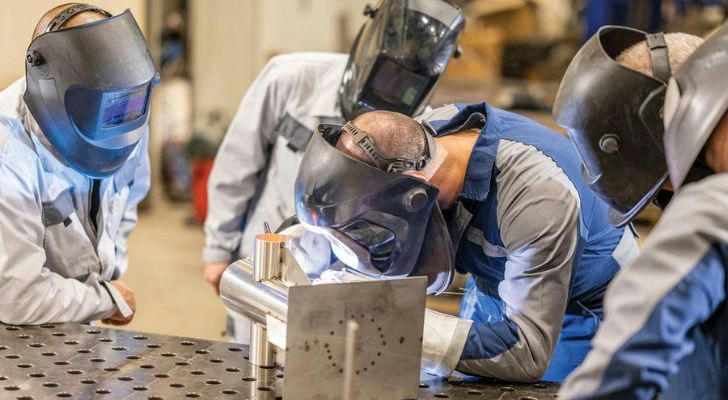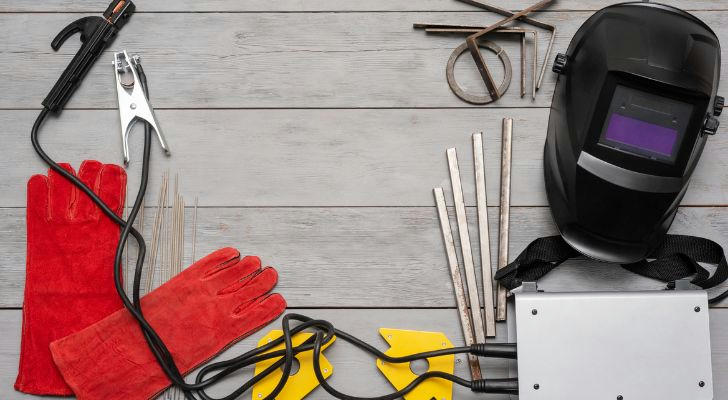Is Welding Right for You? Skills, Tools, and Training You Need to Succeed
Welding is a practical trade that’s always in demand. From building bridges to fixing machinery, welders keep essential industries running. If you're looking for a job that’s hands-on, pays well, and doesn’t require a college degree, welding might be the right path.

What Does a Welder Do?
Welders join metal parts together using heat. Depending on the job, you might be working in a factory, on a building site, or in a shipyard. Daily tasks may include:
- Reading simple diagrams or blueprints
- Setting up and using welding tools
- Inspecting finished welds for safety and strength
- Working indoors or outdoors, depending on the project
It’s physical work, but also creative and detail-focused.
Skills You’ll Need to Start
Welding isn’t just about strength—it requires skill and focus. Key abilities include:
- Good coordination – You need steady hands to make clean welds
- Basic math and reading – For measurements and reading work instructions
- Attention to detail – Small errors can lead to big problems
- Physical fitness – You may need to lift heavy parts or work in tight spaces
- Safety awareness – Using heat and tools safely is a must
Being reliable and having a good work ethic will also help you succeed.
Types of Welding and Tools Used
There are different kinds of welding based on the job:
- MIG Welding – Common in factories and easier for beginners
- TIG Welding – Used for precise or thin materials
- Stick Welding – Great for outdoor jobs like construction
- Flux-Cored Welding – Good for heavy metal parts or windy environments
You’ll also wear safety gear like gloves, boots, and a helmet. Tools like grinders and clamps are used daily to help shape and hold parts.

Where to Learn Welding
You can become a welder through several training paths:
- Trade schools or community colleges – Offer 6 to 12-month programs with hands-on learning
- Apprenticeships – Earn money while learning on the job (usually 3–4 years)
- Fast-track programs – Short, intensive courses to help you get started quickly
Some training centers help you earn welding certifications, which are important when applying for jobs or seeking promotions.
How Much Can You Earn?
In the U.S., the average welder earns about $48,940 per year, and experienced welders or those in specialized areas can make over $70,000. The pay varies by region, skill level, and the type of work.
Industries that hire welders include:
- Construction
- Oil and gas
- Manufacturing
- Shipbuilding
- Aerospace
Welders are also needed in green energy and infrastructure projects.
Pros and Cons of a Welding Job
Pros:
- Good pay without needing a college degree
- High demand for skilled workers
- Opportunities for travel or specialization
- Quick entry into the workforce
Cons:
- Physically demanding
- Hot, noisy, or dirty work environments
- Must follow strict safety rules
- Some jobs may involve long hours or travel
Knowing both sides can help you decide if welding fits your goals and lifestyle.
Who Should Consider a Welding Career?
Welding is a great choice for:
- People who like working with their hands
- Career changers looking for stable work
- High school graduates seeking a trade
- Anyone who wants to avoid student debt
- Adults interested in retraining quickly
If you enjoy problem-solving, building things, and working independently, welding could be a great fit.
Welding offers a clear path to a well-paying, practical career. With the right training and attitude, you can enter the workforce quickly and grow your skills over time. Whether you're just starting out or looking for a change, this trade has a lot to offer.
